Bachelor of Science in Aeronautical Engineering New England campus experience
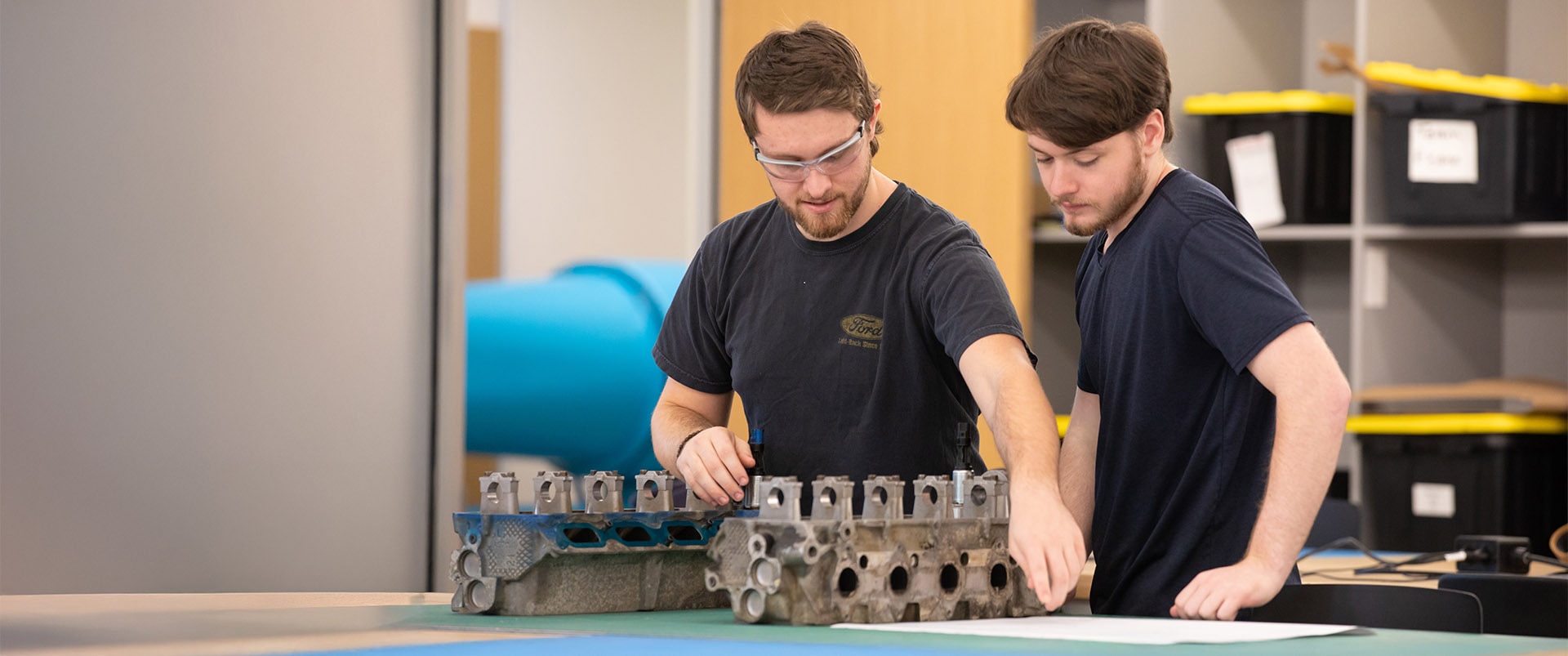
Program Overview Why get an aeronautical engineering degree on campus?
Learn about aircraft design, analysis, development and manufacturing with a Bachelor of Science (BS) in Aeronautical Engineering from Southern New Hampshire University. In this program, you'll see theory come to life in real-world projects and labs. If you're looking for a hands-on program where you can see your designs take to the sky, this is the degree for you.
Skills you'll learn:
- Solving complex engineering problems
- Engineering design solutions
- Effective communication, leadership and teamwork
- Ethical and professional decision making
- Data interpretation and research
- Continuous industry awareness and proactive learning
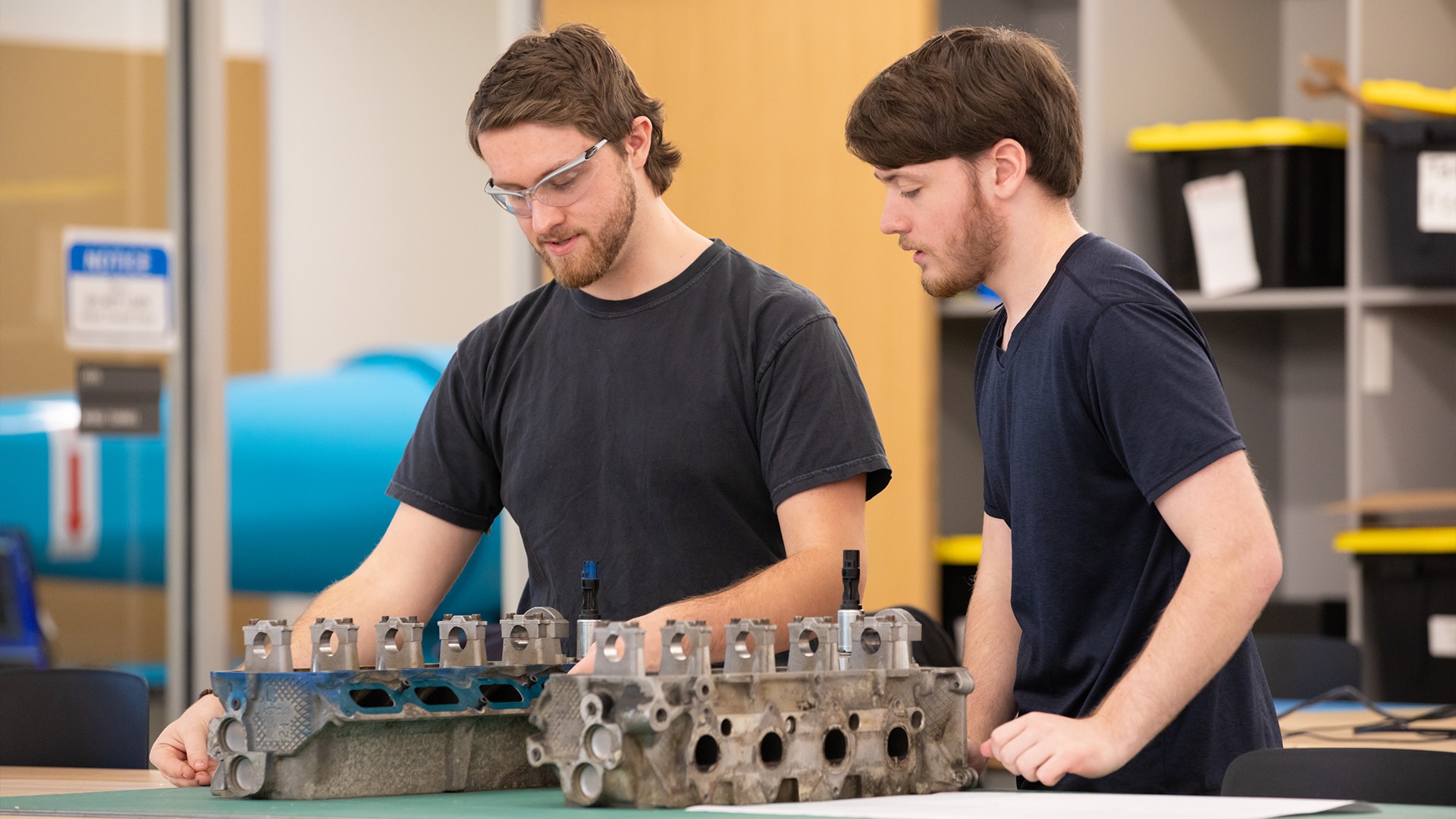
Courses & Curriculum Reach new heights with on-campus aeronautical engineering courses
Learn from instructors with industry experience
Our faculty members bring with them decades of knowledge and experience, which informs the development of SNHU’s courses and curriculum. They look forward to supporting your journey both in the classroom and as you work toward a career in your field.
Jennifer McInnis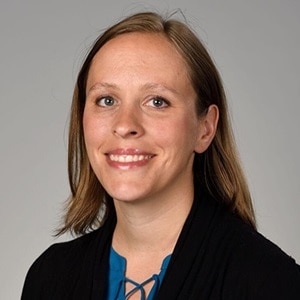
Position
Department Chair, Engineering
Associate Professor, Mechanical Engineering
Joined SNHU
2017
Education
- MS in Mechanical Engineering from Worcester Polytechnic Institute
- BS in Aeronautical Engineering from Daniel Webster College
Jennifer McInnis comes to SNHU with years of experience as an engineering project lead, teaching assistant and instructor with institutions such as Daniel Webster College and Worcester Polytechnic Institute. McInnis has industry experience as a manufacturing engineering technician with UltraSource, Inc. She is a member of the American Society of Engineering Educators and the Society of Women Engineers and is currently working toward a PhD in Mechanical Engineering.
Mohammad Sadraey
Position
Professor, Aeronautical Engineering
Joined SNHU
2016
Education
- PhD in Aerospace Engineering
- MS in Aerospace Engineering
Dr. Sadraey is an experienced academic who has taught in the U.S. and internationally for more than 20 years. His industry experience includes time as a mechanical engineer with Tehran Airport in Tehran, Iran, and as an aerospace design engineer with Hoobareh Engineering Company. Sadraey is also an author of 5 books and a guest editor for the Journal of Aerospace special issue on aircraft design. He's a member of the American Institute of Aeronautics and Astronautics, the American Society for Engineering Education and Sigma Gamma Tau.
To learn more about SNHU faculty, visit our campus faculty page.
Program Educational Objectives
The following statements describe the career and professional accomplishments that the BS in Aeronautical Engineering program is preparing graduates to achieve within a few years of graduation:
- Professional careers in aeronautical engineering or other disciplines utilizing the knowledge and problem solving skills they developed in the SNHU aeronautical engineering program;
- Increasing responsibility in technical and/or management areas;
- Recognition or affirmation from their managers and peers as effective and valued members of their work team;
- Increasing discernment and sensitivity in the consideration of global and societal contexts and consequences when making engineering decisions;
- Expansion of their professional, personal and interpersonal skills and engagement in lifelong learning activities, including post-graduate education for some graduates;
- Involvement with professional and other service activities that contribute to industry and society.
Program Outcomes
The following statements describe what students are expected to know and be able to do upon completion of the BS in Aeronautical Engineering program:
- Ability to identify, formulate and solve complex engineering problems by applying principles of engineering, science and mathematics.
- Ability to apply engineering design to produce solutions that meet specified needs with consideration of public health, safety and welfare, as well as global, cultural, social, environmental and economic factors.
- Ability to communicate effectively with a range of audiences.
- Ability to recognize ethical and professional responsibilities in engineering situations and make informed judgments, which must consider the impact of engineering solutions in global, economic, environmental and social contexts.
- Ability to function effectively on a team whose members, together, provide leadership, create a collaborative and inclusive environment, establish goals, plan tasks and meet objectives.
- Ability to develop and conduct appropriate experimentation, analyze and interpret data, and use engineering judgment to draw conclusions.
- Ability to acquire and apply new knowledge as needed, using appropriate learning strategies.
Campus major courses
You’ll take major courses that provide you with a solid foundation in your area of study – in some cases featuring experiential or project-based learning opportunities, labs, simulations and internships. These courses will allow you to learn a wide variety of topics and help prepare you for a role in your desired field.
Courses may include:
Visit the course catalog to view the full BS in Aeronautical Engineering curriculum.
Campus general education courses
All undergraduate students are required to take general education courses, which are part of SNHU's newly redesigned program, The Commons. The goal of The Commons' curriculum is to empower you with some of the most in-demand skills, so you can succeed not only in your academic career, but in your personal and professional life too.
Courses may include:
Can’t wait? You don’t have to!
Apply now if you’re ready, and have your decision within 30 days. Or, schedule a visit and come see us in person!
Have questions? Visit our Contact Us page.
Career Outlook What can I do with an aeronautical engineering degree?
Design the next commercial jet. Become a propulsion expert. Specialize in drones. With a variety of civilian and military aviation roles available in industries such as air travel, defense, technology and manufacturing, aeronautical engineers can pursue career paths that fit their unique strengths and interests.
As a graduate of the aeronautical engineering program at SNHU, you'll have the knowledge, theory and skills needed to succeed in the field. But even more importantly, you'll have a portfolio of projects demonstrating your ability to solve real-world engineering problems – something that could help you stand out as a valuable asset to companies.
Career paths include:
- Engine test engineer
- Design engineer
- System engineer
- Flight test engineer
- Research and development engineer
Increase in aerospace engineering positions through 2033, projected by the U.S. Bureau of Labor Statistics (BLS).1
Yearly average aerospace engineer openings through 2033, projected by the BLS.1
Understanding the numbers
When reviewing job growth and salary information, it’s important to remember that actual numbers can vary due to many different factors—like years of experience in the role, industry of employment, geographic location, worker skill and economic conditions. Cited projections are based on Bureau of Labor Statistics data, not on SNHU graduate outcomes, and do not guarantee actual salary or job growth.
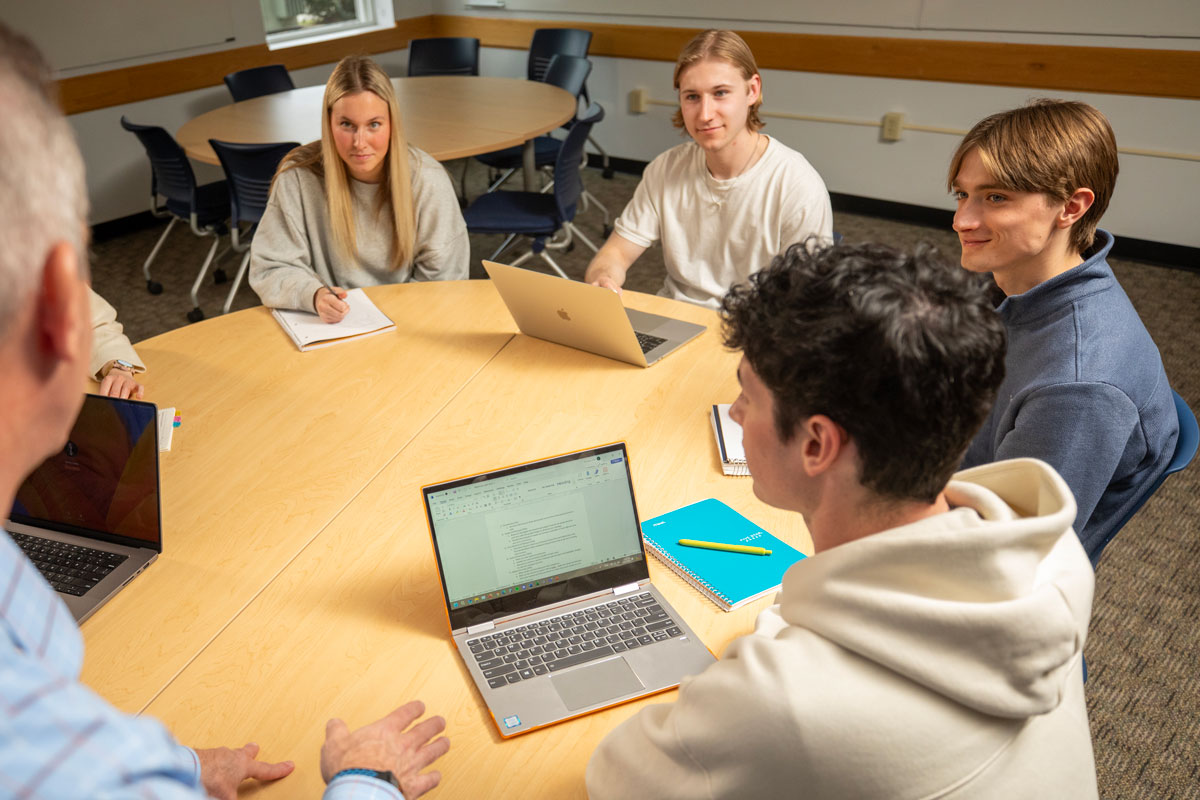
Campus Student Experience So, what’s it like taking classes on campus?
From flight testing to building functioning prototypes of RC airplanes, quadcopters and more, experiential learning is a huge part of the aeronautical engineering program. You can even get involved with our student chapter of the American Institute of Aeronautics and Astronautics (AIAA) and Sigma Gamma Tau, the national aerospace engineering honor society. SNHU has modeled its engineering programs in accordance with the international CDIO initiative, which balances hands-on learning and theory-based engineering education – so you'll get the best of both worlds.

Student support
At SNHU, you don’t have to do this college thing alone. You’ll have help from your advisor, access to tutoring and office hours, career coaching, and mental health services so you can do your best and feel your best.
Additionally, our Office of Diversity and Campus Accessibility Center make campus a safe place for everyone. Visit our Student Services page to learn more about our support offerings.
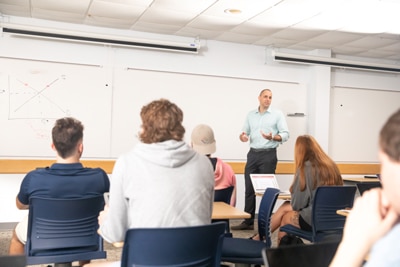
Small class sizes
With an average class size of 15-25 (depending on your major) you’ll learn in an environment where professors with real world experience know you by name.
Here, you’re not getting lost in giant lecture halls, but instead, actively participating in thoughtful dialogue where you’re always encouraged to collaborate with your peers and ask questions when they arise.
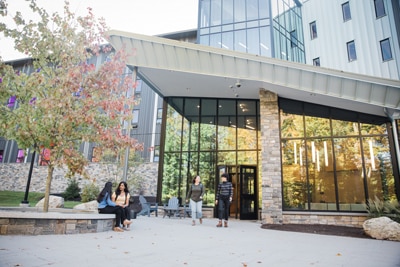
State-of-the-art facilities
Our 300-acre campus has everything you need. From technology-advanced classroom settings to your dorms complete with fitness centers and hangout spots, our goal is to give you the best college experience possible.
Whether you’re learning in a classroom, in a lab, on the field, or in your field, you’ll have what you need to be successful from the moment you wake up to the moment you close your textbooks.
School of Engineering, Technology and Aeronautics Learn about the School of Engineering, Technology and Aeronautics
In the School of Engineering Technology and Aeronautics, you'll put theory into practice daily. From circuit projects to flight test classes, you'll collaborate with peers, faculty and the community to take on real-world challenges. With a drone-flying arena, unmanned aerial vehicle prep space, wood shop, robotics lab and more, you'll have all the tools at hand to bring your ideas off the page.
How SNHU makes college affordable
At Southern New Hampshire University, we're on a mission to make high-quality education more accessible with more affordable tuition. With 70+ career-focused majors, state-of-the-art facilities, D2 sports and over 70 student clubs and organizations, you can get the campus experience you've always dreamed of at a more affordable price.
Fill out the FAFSA to see if you’re eligible for grants or work-study. (You could also be offered loans, though you’ll have to pay those back later.)
Transfer up to 90 credits toward your bachelor's degree program at SNHU. If you’ve taken one course or many, we’ll evaluate them for you.
Getting free money for college – from SNHU or an outside organization – could help you save hundreds or even thousands of dollars.
Our collaborative partnerships with high schools enhance academic opportunities and college accessibility for some high school students.
Hear from us

David Guo, Associate Professor, Aeronautical Engineering
Accreditations
SNHU is accredited by the regional accreditor the New England Commission of Higher Education (NECHE). The university also carries specialized accreditations for some programs.

This program is accredited by the Engineering Accreditation Commission of ABET, under the commission’s General Criteria and Program Criteria for Aerospace and Similarly Named Engineering Programs. Student and graduate data can be found below:
Program Enrollments (Fall 2024)
Aeronautical Engineering (BS): 43
Graduates (Academic Year 2023-2024)
Aeronautical Engineering (BS): 8

Sources & Citations
1Bureau of Labor Statistics, U.S. Department of Labor, Occupational Outlook Handbook, on the internet, at https://www.bls.gov/ooh/architecture-and-engineering/aerospace-engineers.htm (viewed Sept. 30, 2024). Cited projections may not reflect local and/or short-term economic or job conditions and do not guarantee actual job growth.
Your dream school is waiting
Apply now or schedule a visit today.


